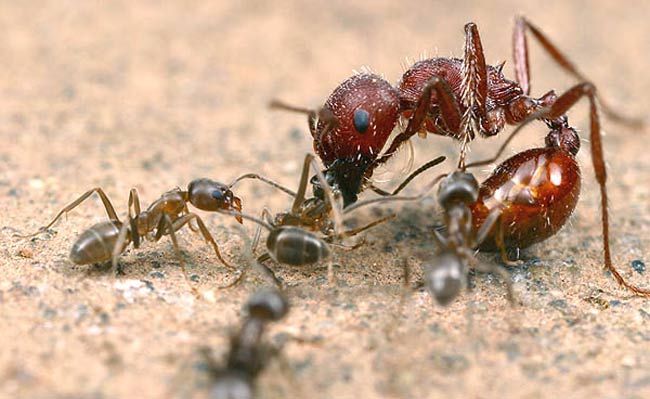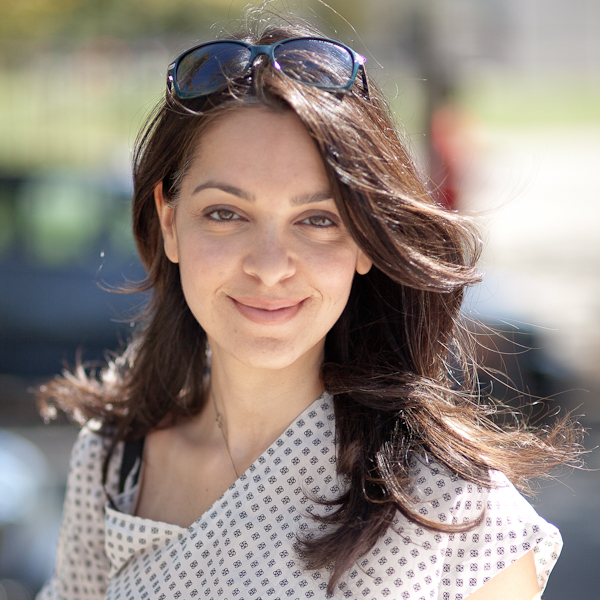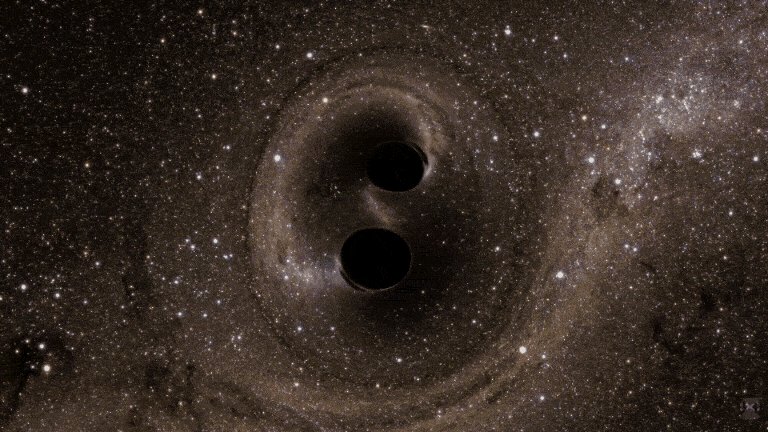Genocide Rules Ant Warfare

Get the world’s most fascinating discoveries delivered straight to your inbox.
You are now subscribed
Your newsletter sign-up was successful
Want to add more newsletters?

Delivered Daily
Daily Newsletter
Sign up for the latest discoveries, groundbreaking research and fascinating breakthroughs that impact you and the wider world direct to your inbox.

Once a week
Life's Little Mysteries
Feed your curiosity with an exclusive mystery every week, solved with science and delivered direct to your inbox before it's seen anywhere else.

Once a week
How It Works
Sign up to our free science & technology newsletter for your weekly fix of fascinating articles, quick quizzes, amazing images, and more

Delivered daily
Space.com Newsletter
Breaking space news, the latest updates on rocket launches, skywatching events and more!

Once a month
Watch This Space
Sign up to our monthly entertainment newsletter to keep up with all our coverage of the latest sci-fi and space movies, tv shows, games and books.

Once a week
Night Sky This Week
Discover this week's must-see night sky events, moon phases, and stunning astrophotos. Sign up for our skywatching newsletter and explore the universe with us!
Join the club
Get full access to premium articles, exclusive features and a growing list of member rewards.
When it comes to differentiating a friend from a rival, invasive ants have it easier than humans: They can spot genetic differences, a new study shows.
Invasive Argentine ants form large supercolonies in California. These colonies stretch for hundreds of miles and include millions of nests. Ants from different nests of the same colony rarely show aggression toward each other. But those of different supercolonies clash often and engage in battles that result in the death of many workers.
The largest supercolony in southern California extends some 600 miles and borders three smaller colonies.
The researchers collected dead workers at the territory borders of one of the smaller colonies at LakeHodges each week for six months. Battles in that area killed at least 15 million worker ants.
But when they placed ants from a distant location of the same colony next to each other, they didn’t fight.
The ants from the same supercolony were genetically similar no matter what their geographical distance was from each other. But they were genetically different than those in the neighboring supercolonies, the researchers note.
“Our results are strong evidence that lack of genetic diversity permits supercolonies to arise,” said study co-author Melissa Thomas, now a researcher from at the University of Western Australia. “Workers cannot differentiate between nestmates and non-nestmates if they all seem the same. So ants from different nests in the same colony do not fight with each other.”
Get the world’s most fascinating discoveries delivered straight to your inbox.
According to the researchers, keeping peace with their kin allows the ants to devote more resources to breeding.
“Territory defense is expensive both in time and workers,” Thomas said. “If nests invest this time and workforce into collecting resources and raising larvae instead of defending territories, then colonies should grow at a much faster rate.”
The study is detailed in the December issue of the journal Molecular Ecology.
 Live Science Plus
Live Science Plus











